Vagn Fabritius Buchwald (1929–2025)
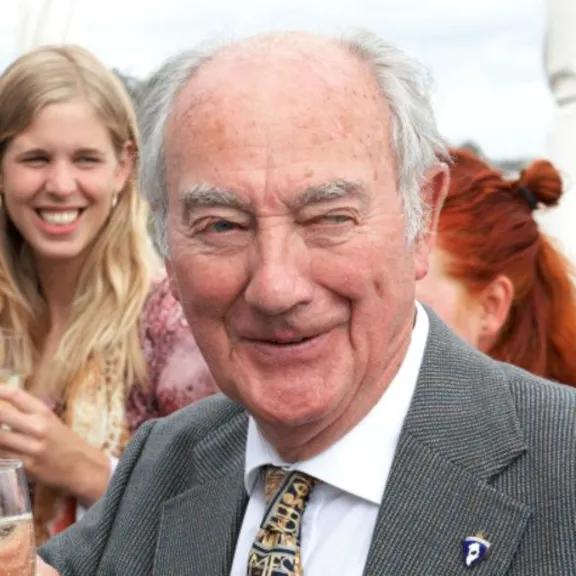
Vagn Fabritius Buchwald, a pioneering Danish metallurgist, meteoriticist, and scholar of ancient iron, passed away on April 22, 2025, at the age of 95. His life and work More…
Frank A. Podosek (1941-2025)
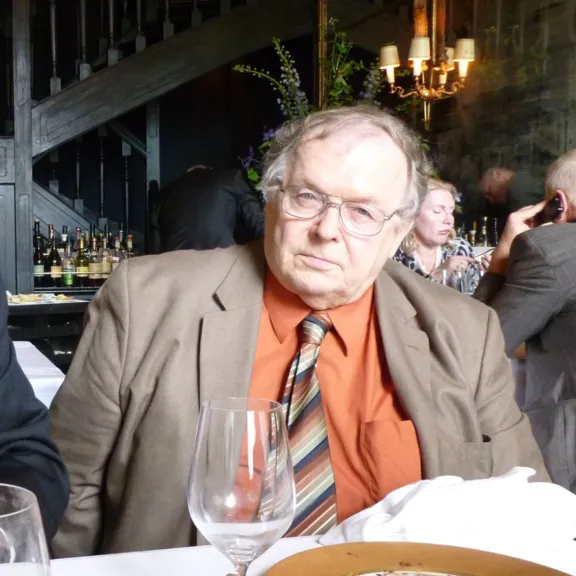
Dr. Frank A. Podosek, researcher in geochemistry, cosmochemistry and meteoritics, passed away at the age of 83 on June 8, 2025. More…
Edward Anders (1926-2025)
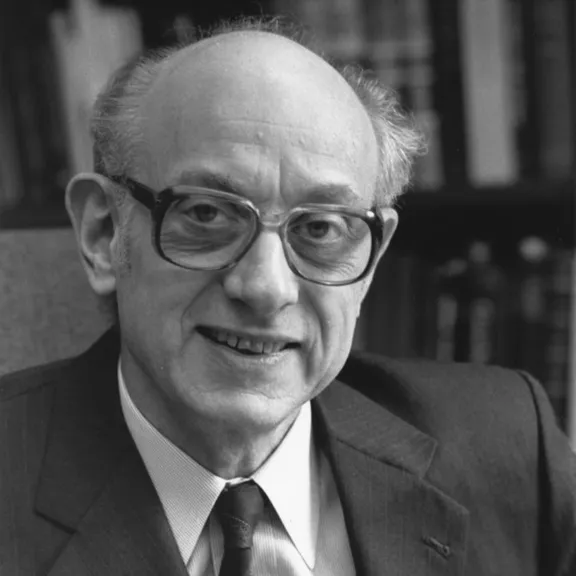
Edward Anders passed away peacefully in California on June 1, 2025. He was 98. More…
Bevan M. French (1937-2025)
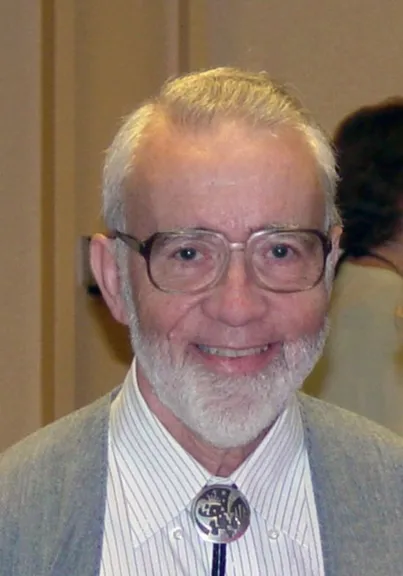
Bevan French is most widely known for his pioneering work in planetary science and the field of impact cratering. He was one of the early workers on terrestrial impact materials along with Gene Shoemaker, Nick Short, Richard Grieve, Dieter Stöffler, Ed Chao, and others, at a time when impacts on the Earth were not considered mainstream – or even possible. Throughout his career Bevan was a champion for impact science, particularly centered on petrography, and geologic observations at terrestrial craters. More…
Horton E. Newsom (1952–2024)

Horton Elwood Newsom was killed in a car accident in Albuquerque, NM, April 19, 2024. Hort was widely known and respected in our community for his work in experimental and analytical geochemistry; impact cratering; and his active participation in spacecraft missions at Mars. More…
Daniel J. Milton (1934-2024)
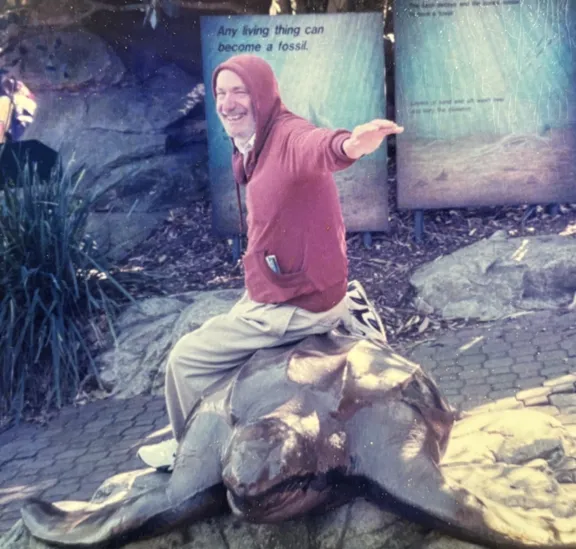
Daniel Jeremy Milton, aged 89, passed away peacefully at home, surrounded by family, in Vienna, Virginia, on May 26, 2024. More…
Donald Clayton (1935 – 2024)
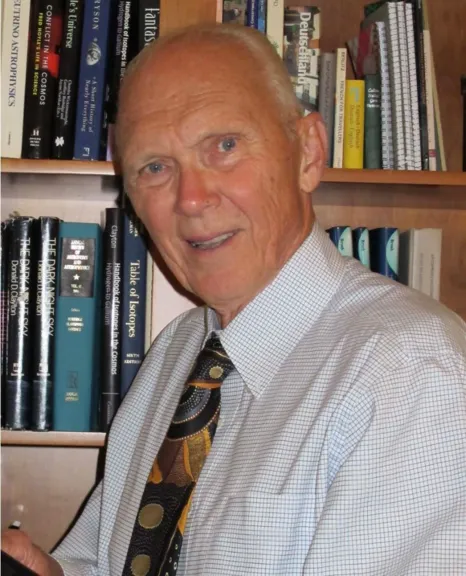
Donald D. Clayton, recipient of the 1991 Leonard Medal of the Meteoritical Society, passed away on January 3, 2024. More…
Burkhard Dressler (1939-2024)
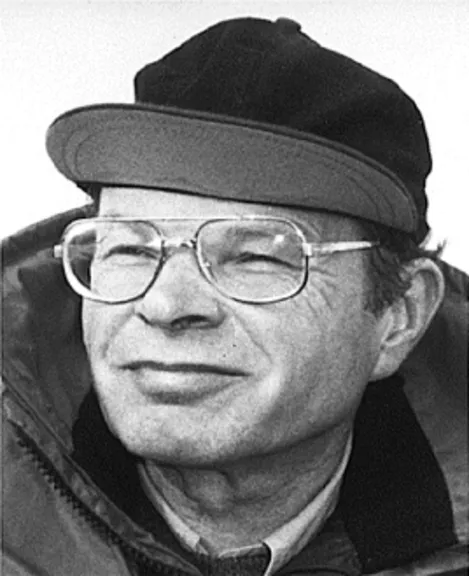
Burkhard Bruno Otto Dressler passed away peacefully on 17 April 2024 in Nanaimo (British Columbia, Canada). His wife Bärbel Dressler was by his side, and his two sons, Wolfram and Andreas, sent him love from afar. More…
Hiroshi Takeda (1934-2023)
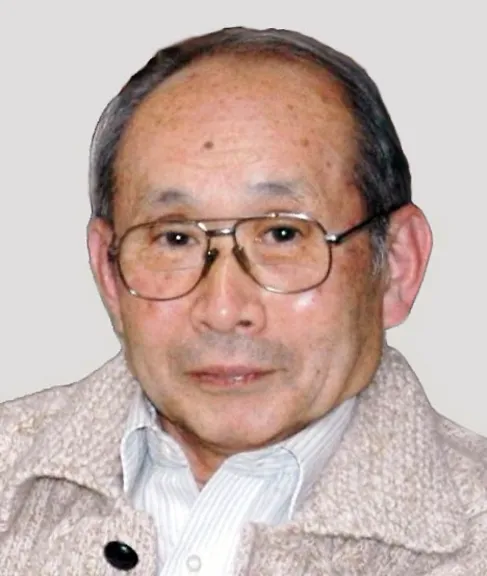
Hiroshi Takeda, an Emeritus Professor at the University of Tokyo, passed away on September 11, 2023, just one day short of his 89th birthday. Globally recognized for his groundbreaking work in mineralogy and crystallography for solid Earth and planetary material science, Takeda's accolades are numerous. Notably, he received the Leonard Medal from the society in 2010. Back home in Japan, he was honored with the Special Award during the Japan Mineralogical Society's 50th anniversary in 2002 and the esteemed 26th Manjiro Watanabe Award in 2009. More…
Stephen Wolf (1964-2023)
Stephen F. Wolf passed away unexpectedly on April 22, 2023 at the age of 58. Stephen (‘Steve’) was Professor of Chemistry at Indiana State University in Terre Haute. Steve was a highly respected analytical chemist with many interests including analytical method development and the use of novel multivariate chemometric techniques. He often combined these interests when examining meteorite compositions. More…